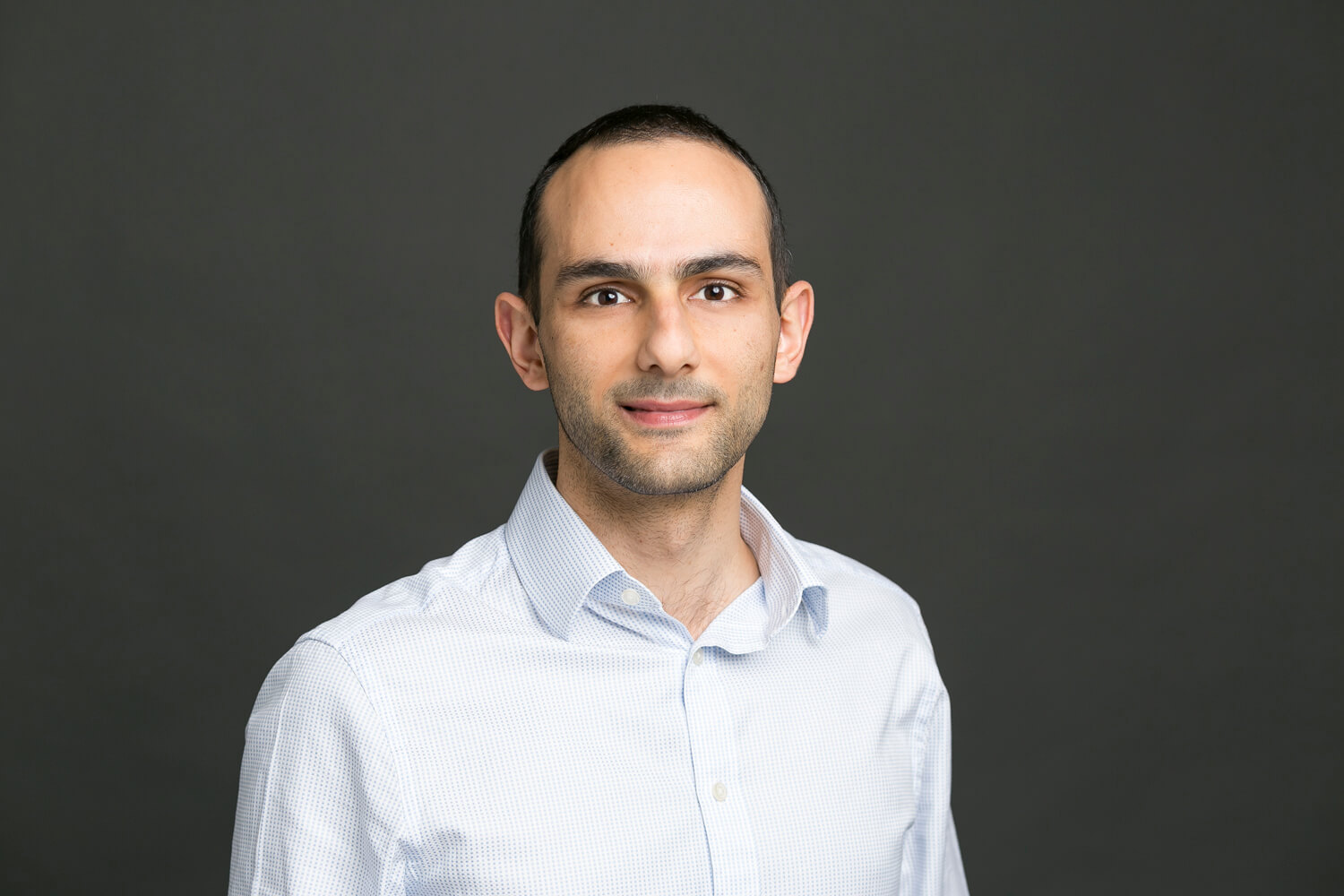News
LISER researcher invited to Columbia University
Alexandros Theloudis gave an invited talk at the Applied Micro Theory Colloquium in NY

November 27th 2018, New York, USA – LISER Researcher, Dr. Alexndros Theloudis, was recently invited by the prestiguous Department of Economics of Columbia University though its Program for Economic Research (PER) for a two week visit (26/11 to 07/12). Invited to talk to faculty and students, his presentation entitled ‘Family Time Allocations over the Last Half Century’ was part of the Applied Micro Theory Colloquium talk series.
Alexandros’s presentation examines how over the last half century, married American women doubled their labor supply and halved the time they spend on household chores. By contrast, married American men reduced their labor supply and increased their involvement in chores. Both increased the time they devote to children but men, especially the most educated, did so by far more. What explains these dramatic changes in family time allocations?
Alexandros develops a rich dynamic model that incorporates family time use and features public consumption, financial and human capital, rich earnings dynamics, and endogenous divorce. The model quantifies the role of the wage and education gender gaps (both of which narrowed down substantially over the said period), returns to labor market experience, fertility and the costs to raise children, the availability of time-saving household appliances, and features of the marriage market such as the expansion of divorce in the early 1970s. Preliminary results suggest that -at least- the gender wage gap and the divorce option are important for the observed time allocation dynamics. The latter implied an improvement in intra-household bargaining power among women and a transfer of non-market work to their husbands.
Asked by LISER on the significance of his visit for the Institute and Luxembourg. Alexandros had these thoughts:
“Getting the chance to exchange with and receive feedback from faculty and students in one of the best economics departments in the world is important for me. This ultimately helps improve my work and the way I think of research questions and other issues. This is a practical point (feedback) as well as a deeper, more mentality-grounded one. It is also important for LISER in two dimensions. First, the said exchanges and feedback are also useful for work I carry out on similar topics with my LISER colleagues. Second, LISER gains visibility in the US and such visits tend to generate economies of scale through reciprocal visits in Luxembourg and beyond. Ultimately, modern research requires joining minds and forces from around the world in order to provide answers to complex problems. Luxembourg is investing substantially in its research sector and I see my visit at Columbia as a testimony to the success of what we are driving towards and gradually building up here in the Grand-Duchy.”







